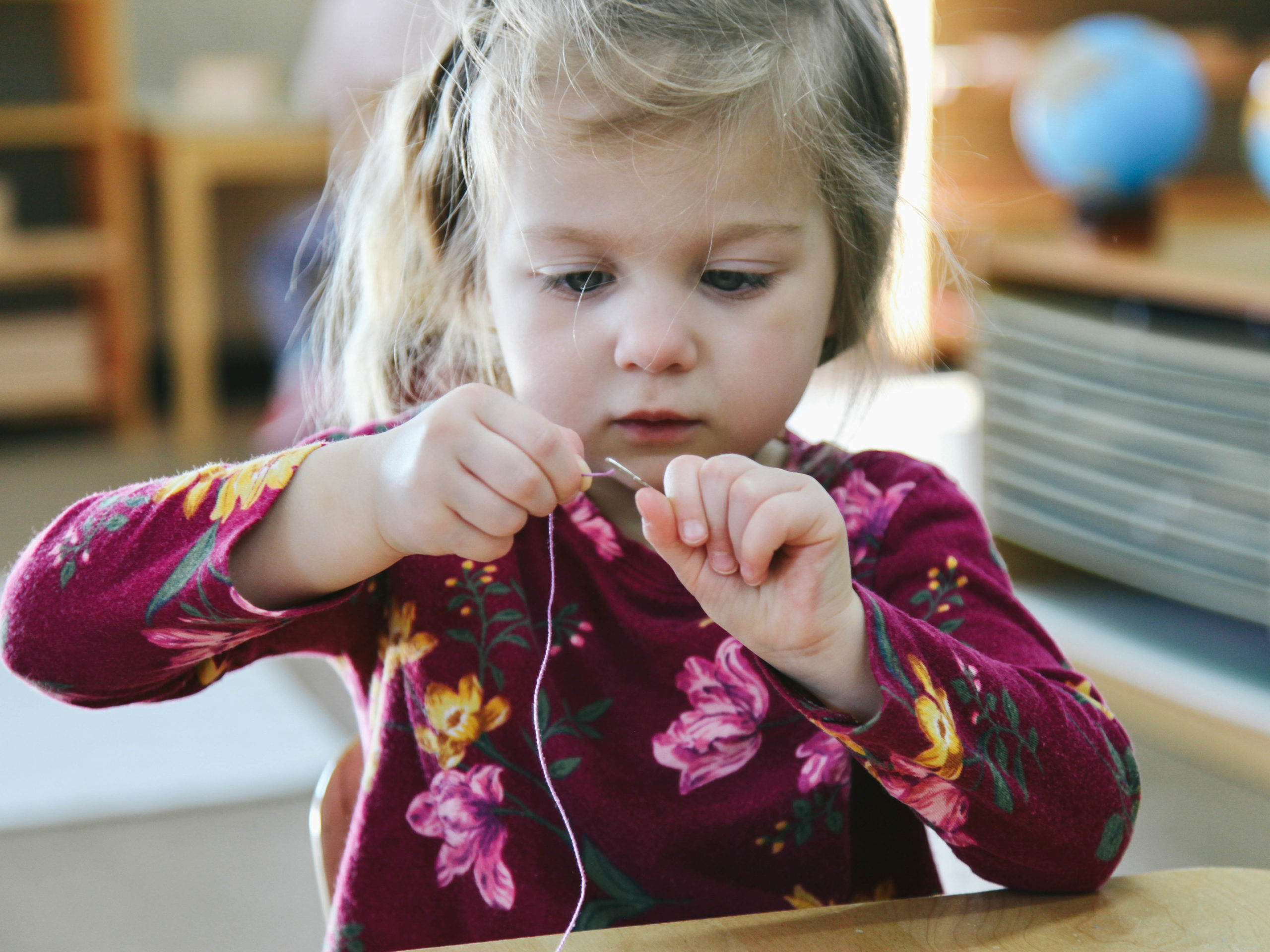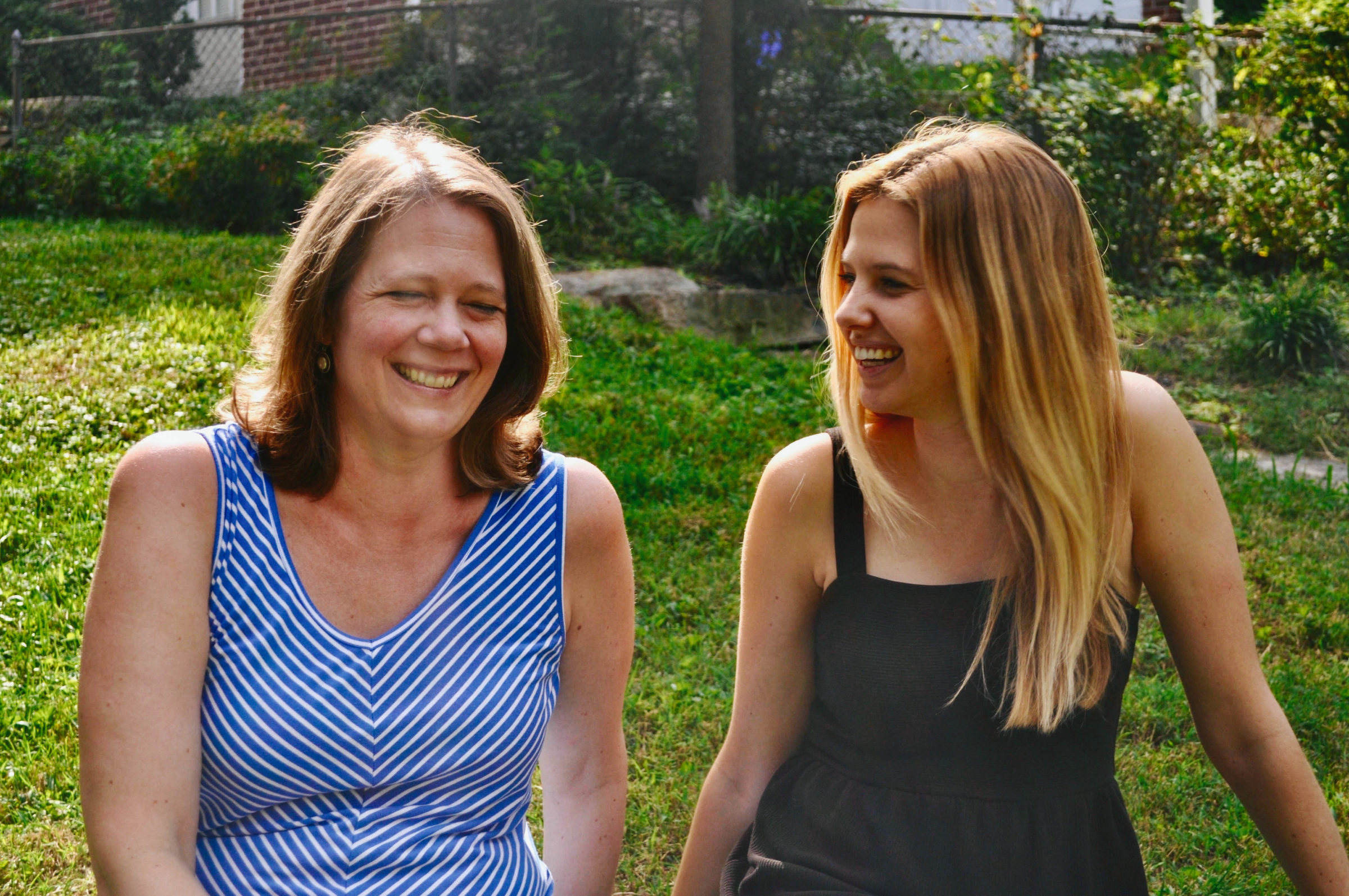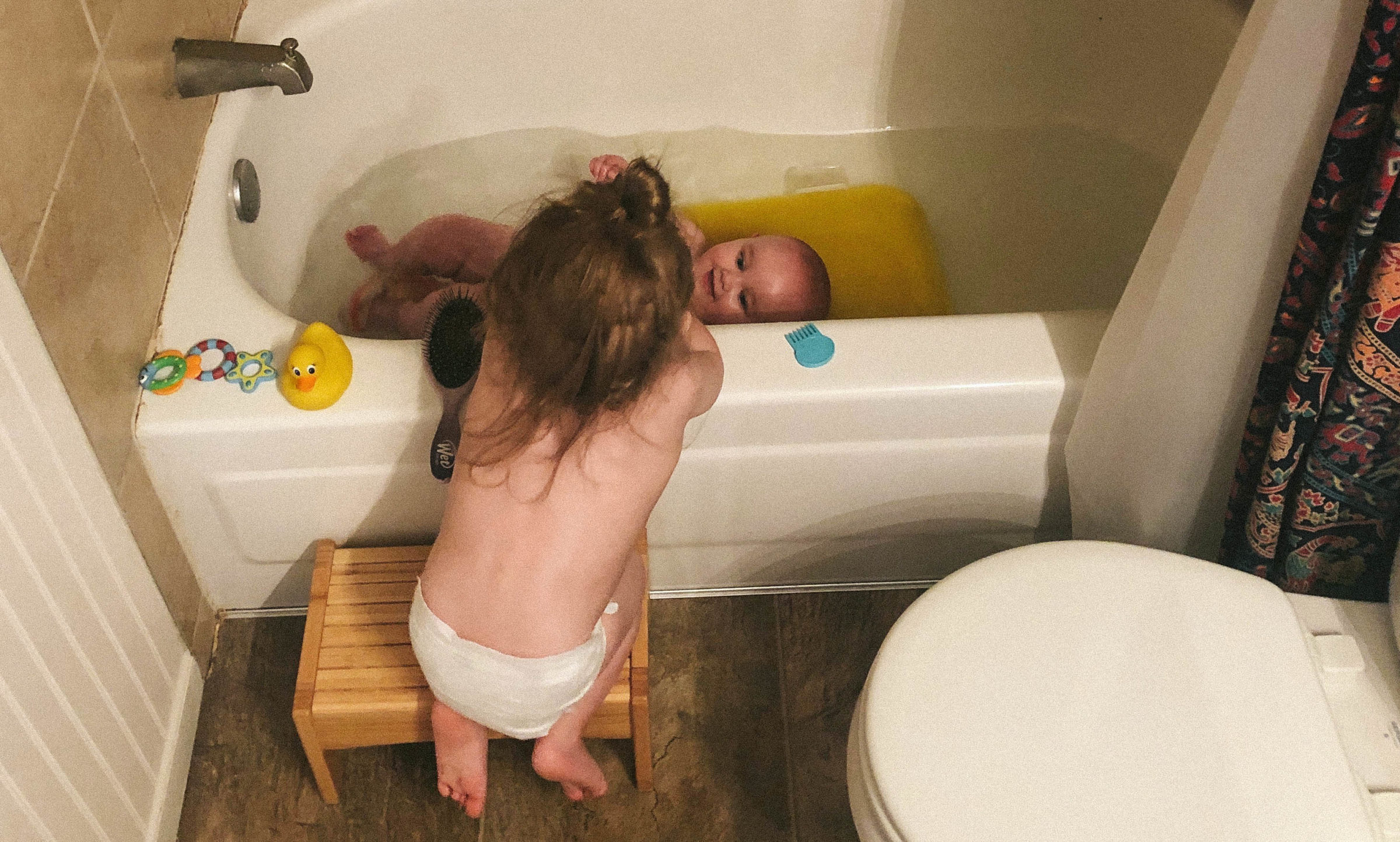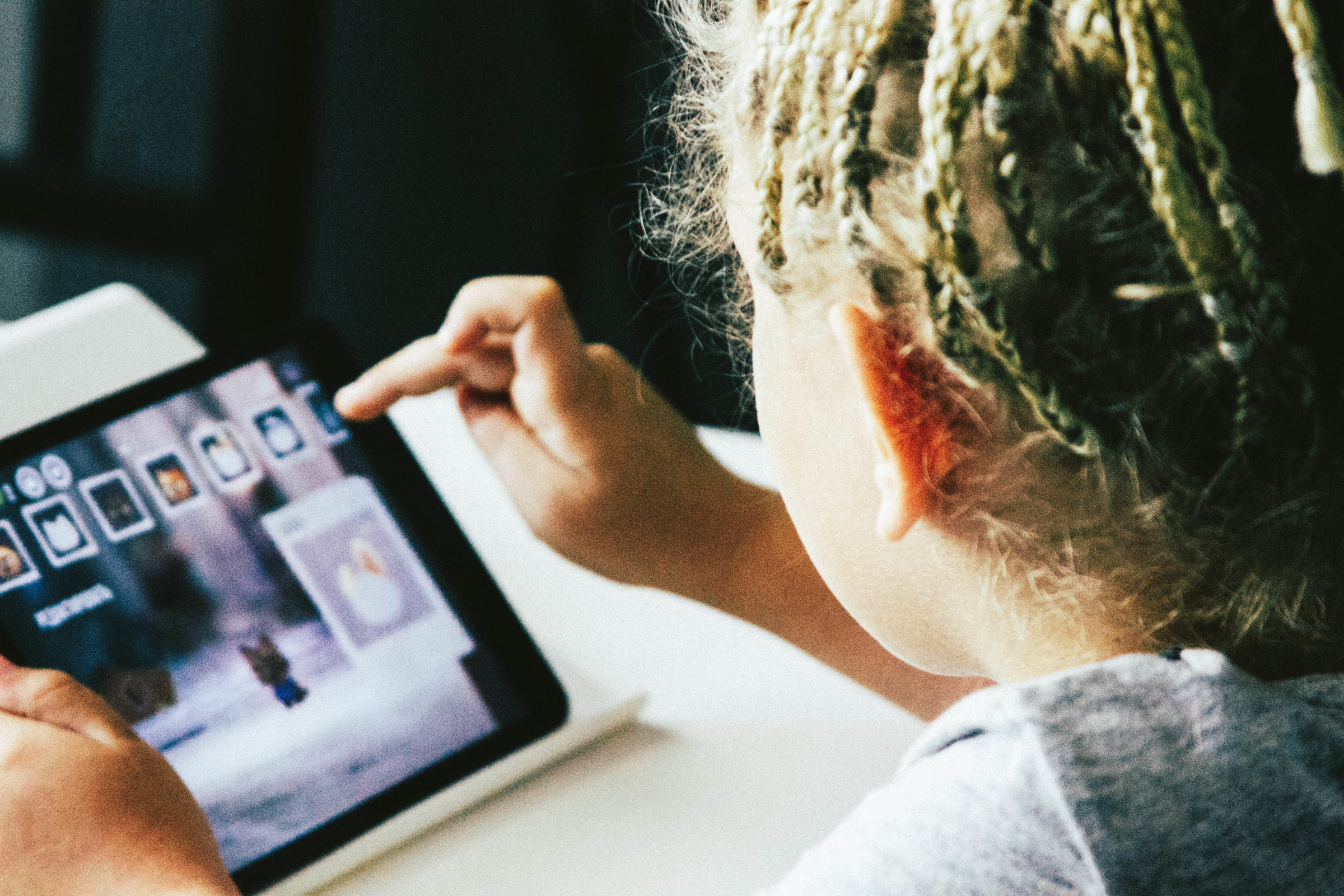Montessori Dictionary: Maximum Effort
Podcasts
You know that old joke, “Who’s on First?” If you don’t know, I’ll give you a second to google it. Surely you can come up with an example or two of your own in this same vein — a communication issue leading to a bit of a heated conflict. How many times have we had a disagreement or scuffle because of language? Think of the word “fine.” I ask you how I look, you reply, “fine.” Now, fine, as in, could be better? Fine, as in fine china? Fine, as in the way some of us used it in high school to describe a crush? We think we’re speaking the same language, and yet, are we?
We’re constantly communicating. We’re communicating with our words, but also with our actions, faces, nuances. When there’s communication, there’s opportunity for misunderstanding.
Take the Montessori concept of Maximum Effort. Even if you don’t know the meaning or haven’t heard this phrase before, you have definitely seen it in action if you’ve ever been around young children.
Maximum Effort is at play when a toddler carries heavy and large things. It’s also clear when a child puts 100% of their energy into achieving a task, doesn’t mind being inefficient, or repeats a physical task to exhaustion.
Children are inefficient, and it’s not because they’re unintelligent and haven’t figured out the quickest, easiest way to do something. The adult works to perfect the environment; the child works to perfect themselves.
Take loading the dishwasher. Let’s apply the phrase mentioned above: the adult works to perfect the environment; the child works to perfect themselves.
For the adult, we’ll stack plates and make one trip. We’ll scoop up a handful of flatware and plop them in the basket. We’ll find all the cups on the table or in the living room, rather than one-by-one. The goal is clean dishes — a perfect environment.
“The adult works to perfect the environment; the child works to perfect themselves.”
For the child, especially a young child, the process looks very, very different. This would be a reasonable task for a child who is confidently walking to engage in. While I might put my fork and spoon on my plate and carry them like a tray, even when modeling slow and careful movements for a child, a child is happy to take first a fork, put it where it belongs, then walk back for a spoon, put it in the basket, carry a plate, put it away in the dishwasher, and so on. Even when I’m modeling things the way I want a child to do them, the tedium of one item at a time is just a bridge too far. We have to introduce SOME efficiency here!!
It’s natural to feel frustrated, to suggest a “better” way to do this, to roll eyes and chuckle at a child taking 16 trips to clear the table. We correct, we feel impatient, we wonder, we take over. This is our miscommunication.
For a child, the goal is not the same as ours — clean dishes. The goal is mastery of movement. The goal is equilibrium and patience. The goal is not just walking but walking WHILE carrying something. The goal is a logical process and task persistence. The goal is creating a sense of order. The goal is to perfect yourself, and the dishwasher is just the tool you’re using at this moment.

This is why a trip around the block takes an hour, because those stairs aren’t going to climb themselves! An adult climbs stairs to get to the top. A child climbs stairs to integrate the movements required to propel yourself through space.
This is why stacking blocks isn’t making something. An adult stacks blocks to make a house. A child stacks blocks to lift and place, lift and place, lift and place.
This is why unloading groceries from the car might as well come with a lawn chair and a cold drink. An adult unloads the car to get things put away and get on with their day. A child unloads the car to carry a bag of apples, then a big box of cereal, hopefully a gallon of milk or two, you get the picture.
Once we realize the language we’re each speaking, we can communicate more effectively. I can ask a young child to load the dishwasher, and not be confounded when they load dishes in the same time it takes me to clean the entire kitchen. I can invite a child to go on a walk, and not intend it to be my daily exercise. I can invite a child to join me in a task that I would find tedious, such as putting away laundry, and turn it into a relationship-building activity that ends with me feeling satisfied the task is accomplished and the child feeling satisfied in their accomplishment. We need Maximum Effort. We can only be efficient in a body we’ve mastered.
Written by:
Charlotte Snyder



